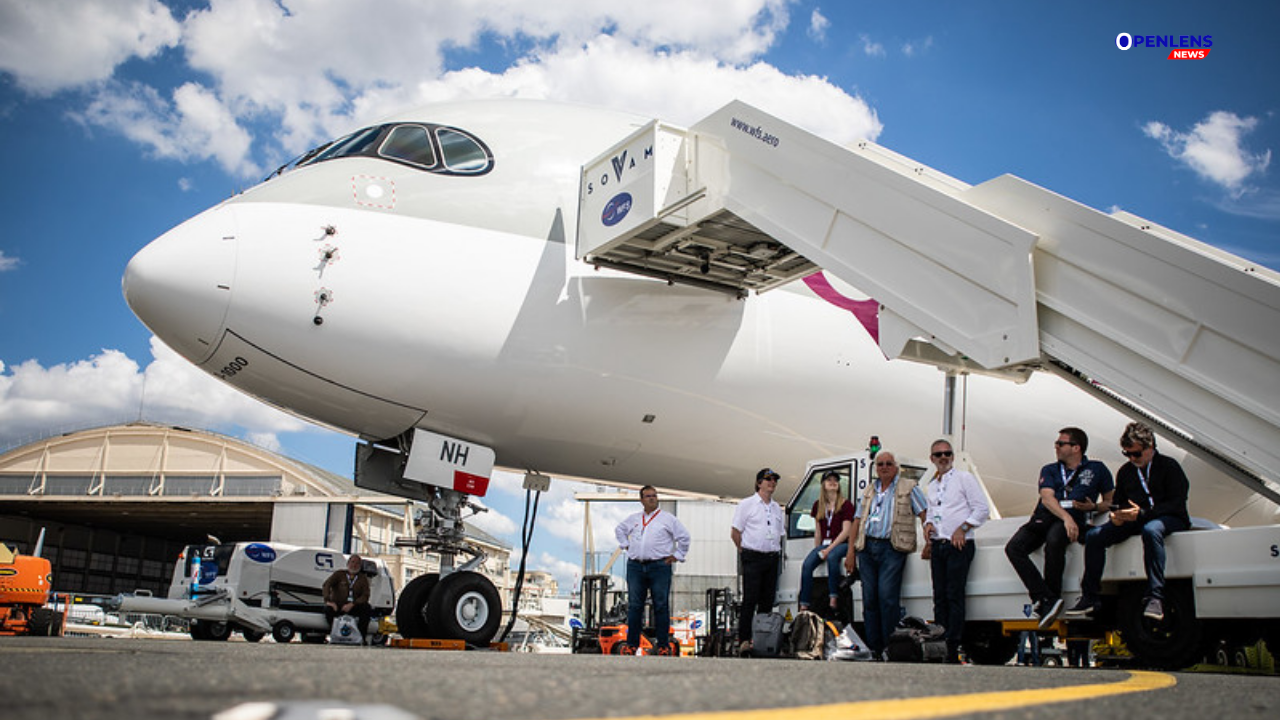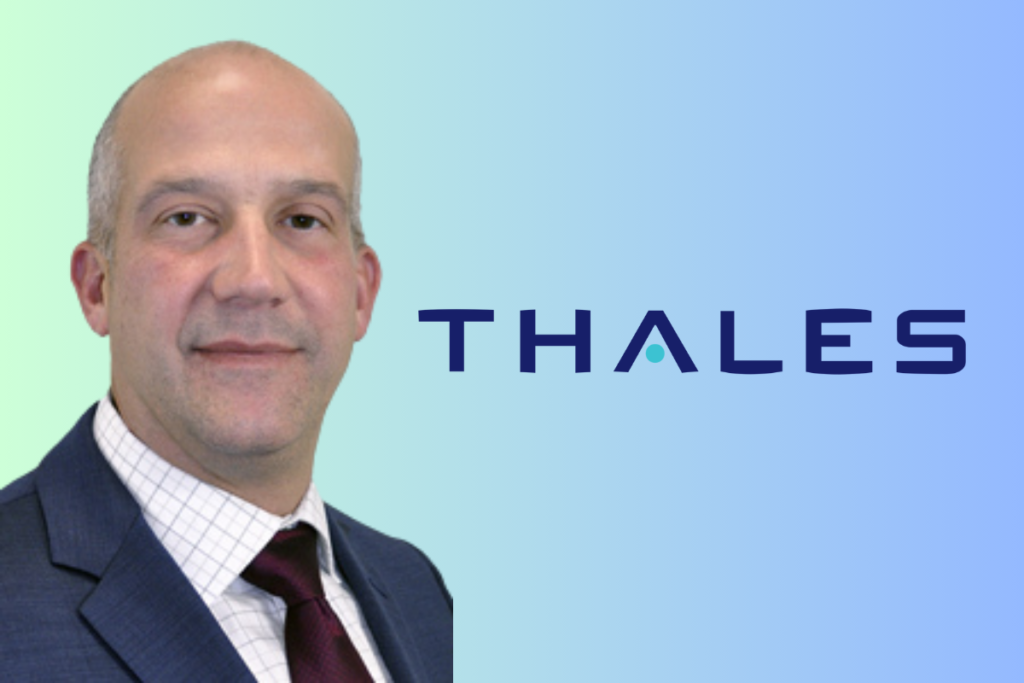The 2025 Paris Air Show, traditionally a stage for celebration and high-stakes aviation deals, has taken on a markedly subdued tone this year. The event opened just days after a devastating Air India crash involving a Boeing 787 in Ahmedabad that claimed the lives of over 240 people. The tragedy has cast a long shadow over the aerospace industry’s biggest annual gathering, shifting its usual mood of innovation and competition into one of reflection and restraint.
Boeing, deeply impacted by the incident, opted to step back from the spotlight. Company CEO Kelly Ortberg canceled his scheduled appearance, while GE Aerospace, maker of the Dreamliner’s engines, postponed its planned investor briefing. Their stands at the show remained operational, but noticeably quiet. Representatives from both companies spent much of their time in private meetings or simply offering condolences to colleagues and partners. The focus has squarely turned to safety, with many attendees acknowledging a shared responsibility to rebuild public trust in aviation standards.
The accident has also affected the commercial side of the show. While Airbus moved forward with a strong presence and confirmed 244 aircraft orders valued at roughly $21 billion, Boeing has yet to announce any new deals, an unusual turn for the U.S. giant. Industry observers suggest this could reflect both the immediate aftermath of the crash and growing concerns over Boeing’s broader safety track record, which has been under scrutiny since earlier 737 Max issues.
Beyond the crash, geopolitical tensions, particularly between Israel and Iran, added further weight to the event. Several Middle Eastern delegations were absent, and some displays were scaled back for security reasons. The French government reportedly took steps to limit visibility around military showcases connected to active conflicts.
Despite the somber atmosphere, some momentum remained. Rolls-Royce used the show to highlight its ambitions in the narrowbody engine sector, appealing to the UK government for backing its UltraFan development program. Meanwhile, defense firms such as Rheinmetall and Anduril, as well as Leonardo and Baykar, pressed forward with deals focusing on drones and autonomous defense technology, signaling Europe’s growing investment in next-generation systems.
While the Paris Air Show remains a cornerstone of the global aerospace calendar, this year’s event has reminded all participants that progress must be tempered with empathy and a renewed commitment to safety. In an industry where lives depend on precision and accountability, the weight of tragedy has left an indelible mark.



